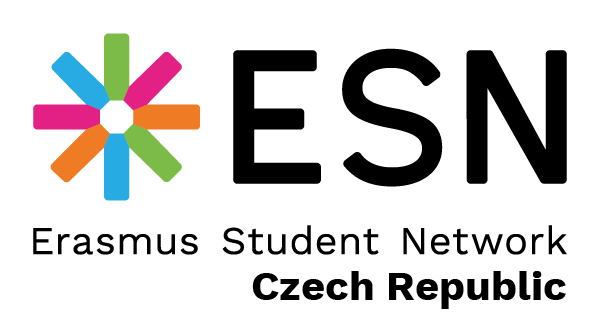About ESN
Erasmus Student Network (ESN) is one of the biggest student associations in Europe. It was born on the 16th October 1989 and legally registered in 1990 for supporting and developing student exchange.
We are present in more than 1000 Higher Education Institutions from over 40 countries. The network is constantly developing and expanding. We have around 15,000 active members that are in many sections supported by so called buddies mainly taking care of international students. Thus, ESN involves around 40,000 young people offering its services to around 350,000 international students every year.
ESN is working in Higher Education (HE):
-
offering services to 350,000 students
-
15,000 active members (40,000 with the buddies included)
-
mainly on a volunteer basis
-
with an average annual growth rate of 12% since 2005
ESN is operating on three levels: local, national, and international.
ESN works for the creation of a more mobile and flexible education environment by supporting and developing the student exchange from different levels and providing an intercultural experience also to those students who cannot access a period abroad ("internationalisation at home").
Mission, Vision & Values
The vision and mission of the Erasmus Student Network were discussed and approved at the Annual General Meeting in Thessaloniki 2019.
Vision
By 2031, the Erasmus Student Network will be the leading organisation supporting international mobility, providing space for competence development and student engagement to 3 million members of the Erasmus Generation, empowering them to become change-makers in society.
Mission
Enrichment of society through international students.
Values
The values of Erasmus Student Network that all members stand and work for are: unity in diversity, diversity in the unity (we all have different backgrounds, but share one common aim and goal), students helping students (we passionately commit ourselves to volunteering for the benefits of others), fun in friendship and respect (we enjoy relations based on respect), international dimension of the life (we are open-minded, mobile, like to discover and explore, to co-operate and to interact to break borders), love for Europe and beyond as an area of peace and cultural exchange (we live and benefit from the cultural richness of Europe to the utmost), openness with tolerance (we understand and accept others and learn from them), cooperation in the integration (we share an holistic view towards internationality).
(Z ESN Int webu/ ESN wiki)
Structure of ESN
To be able to achieve the aims of the organisation, as well as fulfill our mission and vision, and uphold our values, our organisation is structured on three levels: local, national and international.
The local level consists of local organisations (Sections) who organise activities, provide services and represent interests of international, exchange and local students of one or several higher education institutions in their city. Local Sections are represented by their Local Board (volunteers of the section elected on the leadership positions) and governed by their local assemblies or similar structures.
The national level consists of National Organisations who represent the interests of their Sections. They are represented by their National Board (volunteers from the Sections who are considered full members of the National Organisation and ESN International elected on the leadership positions) and governed by their National Assemblies consisting of the Sections.
The international level consists of statutory and non-statutory bodies.
Statutory bodies are the Board, General Assembly, Arbitration Board and Audit Commission. ESN International is represented by the Board (five volunteers from the network elected for the leadership positions) and governed by the General Assembly, consisting of the National Organisations. Audit Commision and Arbitration Board are independent bodies responsible for the audit and dispute resolution respecitvely.
Non-statutory bodies are the Committees, Liaison Officers and other supporting structures, like various teams. Some of the international teams are supporting the national organisations, like the Network Care Team, and some of them are maintaining and developing our internal projects, like ESNcard and Eduku8 Team. Sometimes, there are temporary project teams and task forces recruited to fulfill for a specific task in a specific timeframe in order to satisfy the existing need in the network. You can see the full and updated list of the supporting structures on the international level below.
